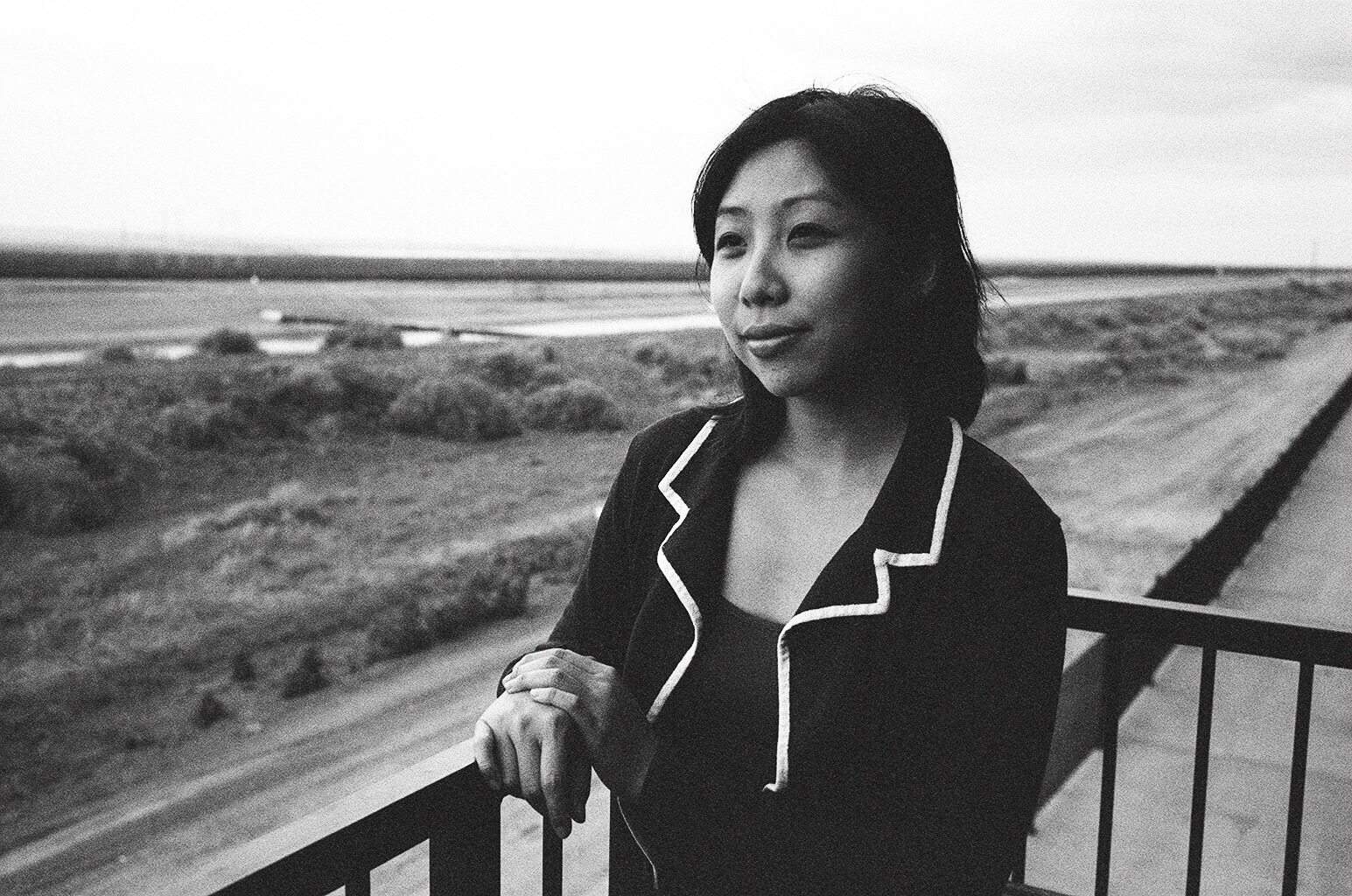
Black and white is where my heart and soul is. I feel that by shooting in black and white, I can better communicate and convey my emotions, thoughts, and feelings.
I feel that black and white is less of an aesthetic, but more of a feeling.
You don’t shoot black and white because it is more “artsy”. You shoot black and white because it better communicates how you feel.
Colors blind the eye
I have experimented a lot shooting color. I first started off trying to shoot color because I started to get bored with black and white. I wanted more of a challenge. Color seemed to open up new avenues and opportunities.
I had a ton of fun shooting color, but over time, I have started to drift back to my original love— black and white.
Why?
I feel the problem with color is that you are more at mercy at lady fortune. Why? If a scene isn’t very colorful or doesn’t have interesting colors, it is difficult to make a good photograph.
However black and white is less discriminating. Even if the light isn’t very good, black and white is better able to distill the essence and emotion of a scene. Black and white disregards light, colors, and other distractions to the eyes.
Minimalism
I also love to shoot black and white because of the minimalist aesthetic. I also feel that with black and white, you are trying to spend less time being “clever” with color-combinations and such. Rather, you are trying to capture raw emotion in the scene— a gesture, a facial expression, or a feeling that is hard to put into words.
On a practical sense, black and white is easier to post-process and print. There are fewer variables, which means you spend less time post-processing your shots in Lightroom, and more time actually going out and shooting.
Not only that, but the beauty of black and white is the limitations. But between the gradient of white and black, there are a million tones of grey. Being able to extract the maximum creative potential out of such a limited medium is something that excites me.
None is better than the other
Black and white isn’t “better” than color (or vice-versa). They are just different ways we can capture and communicate our feelings about the world.
Essentially what I wanted to say through this essay was why I like to shoot black and white, not why you “should” shoot black and white.
But think to yourself, if you love to shoot color or black and white, why do you prefer that medium? It doesn’t need to be complicated, it might just because you prefer the aesthetic, the process, or something else.
But remember to always ask yourself “why” do I do this, or “why” do I do that?
Tips shooting black and white
If you are a photographer who wants to “up” their black-and-white game, here are some practical tips I came up with off my head:
- Subtract: the secret to making a beautiful black and white image isn’t to cram everything you possibly can, but to subtract from the scene. Start off with the edges, subtract as much as you can from the scene, while still retaining the essence of the scene. Which means if you are photographing a single person, remove all distracting elements that take your eyes away from the main subject.
- Set your LCD screen to black and white: I generally shoot with my Ricoh GR in black-and-white (high contrast) JPEG + RAW. Why? It helps me get a good preview of being able to pre-visualize the scene in black and white. And sometimes the JPEG images actually look better than the RAW images.
- Use a flash: often the problem with shooting high-contrast black and white is that you can’t see much in the shadows. Put your camera to “P” mode and experiment using a flash.
- Crank up the contrast: this is a personal thing, but I prefer the aesthetic of high-contrast black and whites. Many black and white images can be improved by increasing the contrast, or playing with the “blacks” slider in the post-processing software of your choice.
- Minus-exposure compensation: try to experiment shooting in extremely bright light (mid-day), and set your exposure-compensation setting to -1, -2, or -3. See how this affects your final image. Effectively what you are trying to do is totally black out the background, and only light up your subject. You will be amazed how much drama this can add to your images.
Also as a gift to you, if you like shooting digital black and white and RAW, download my free Lightroom presets.
Keep it gritty.

